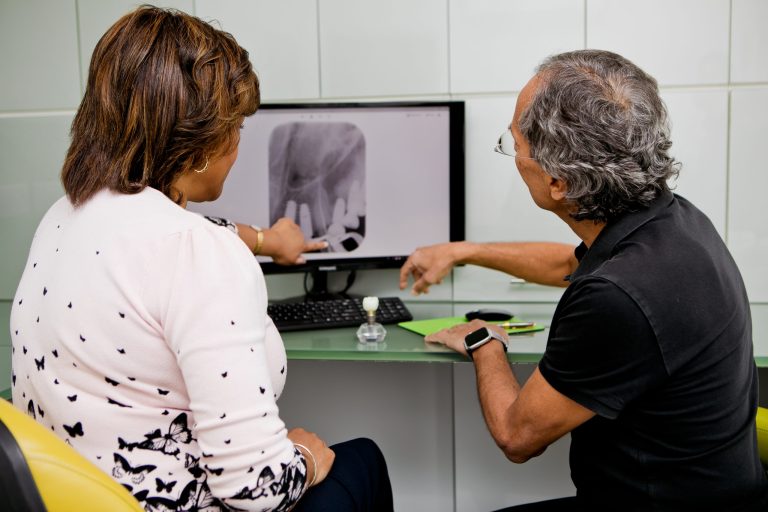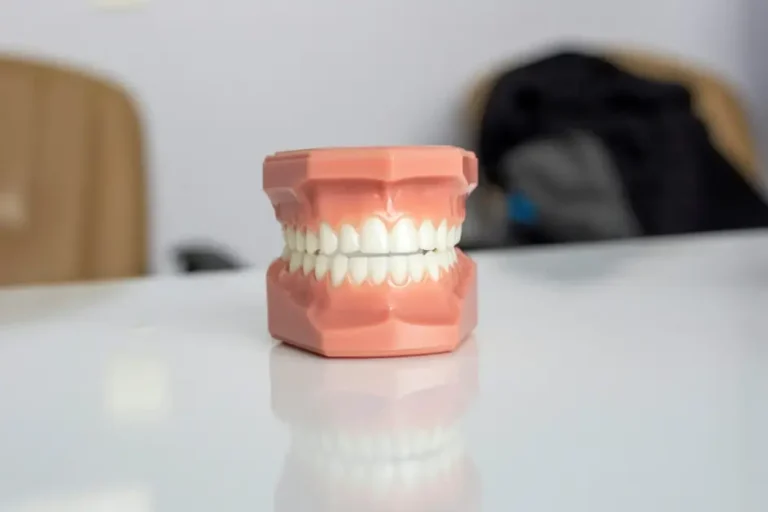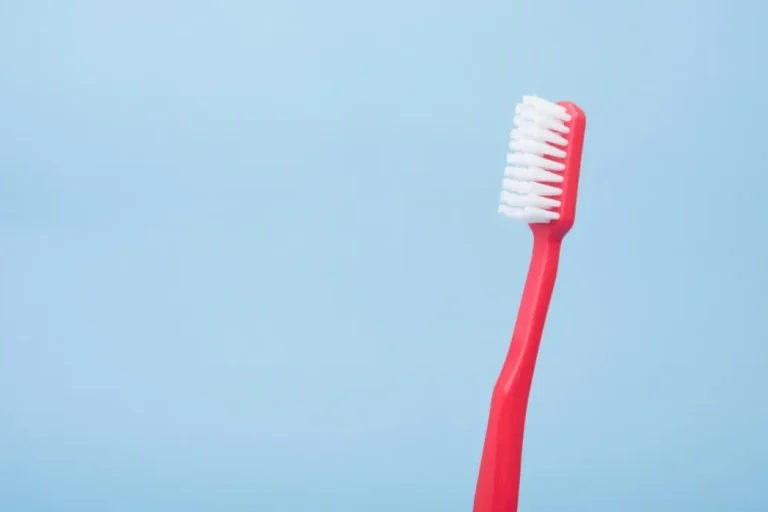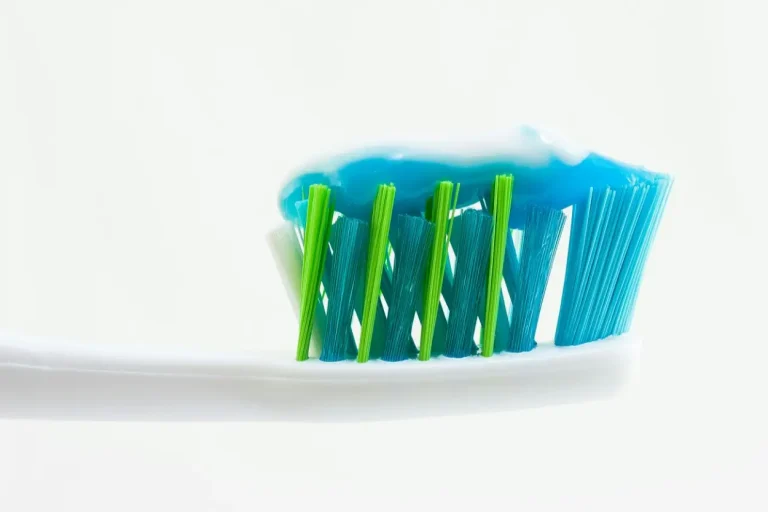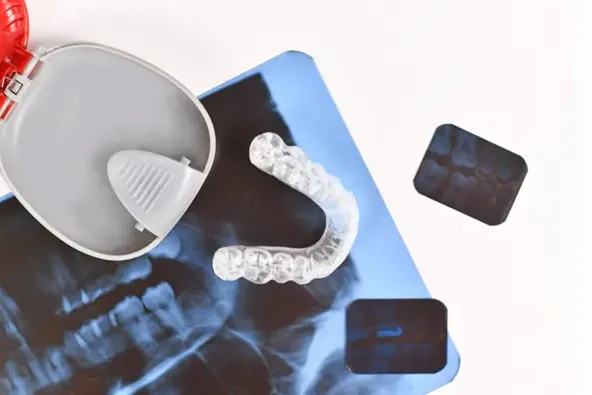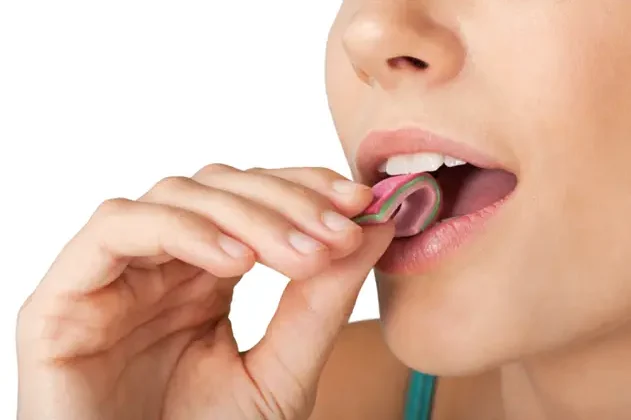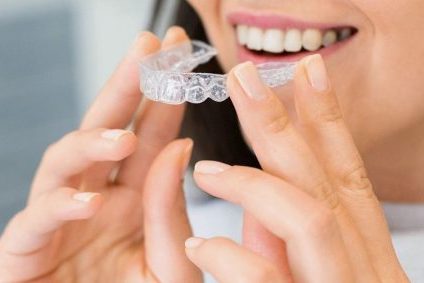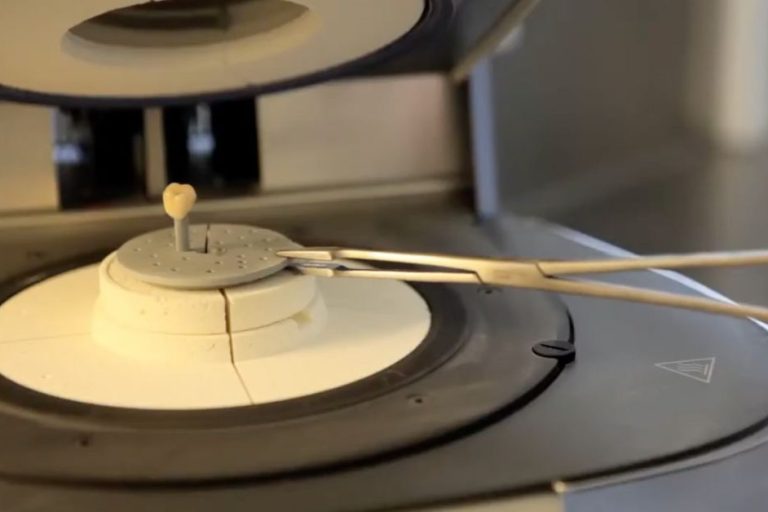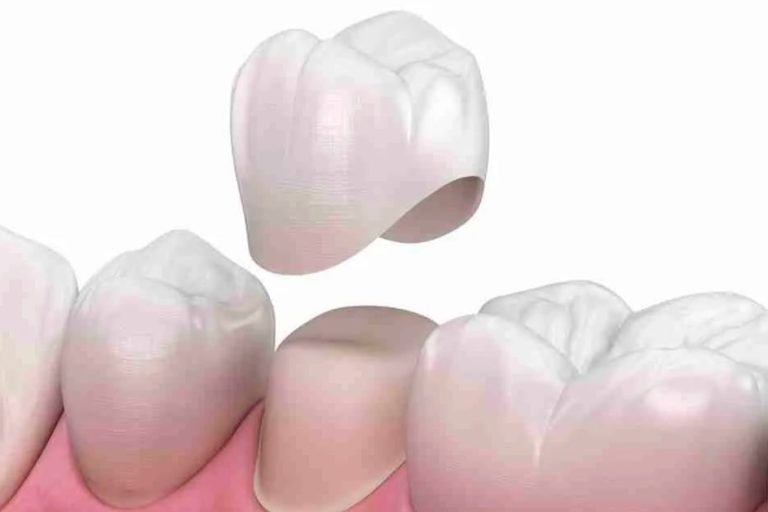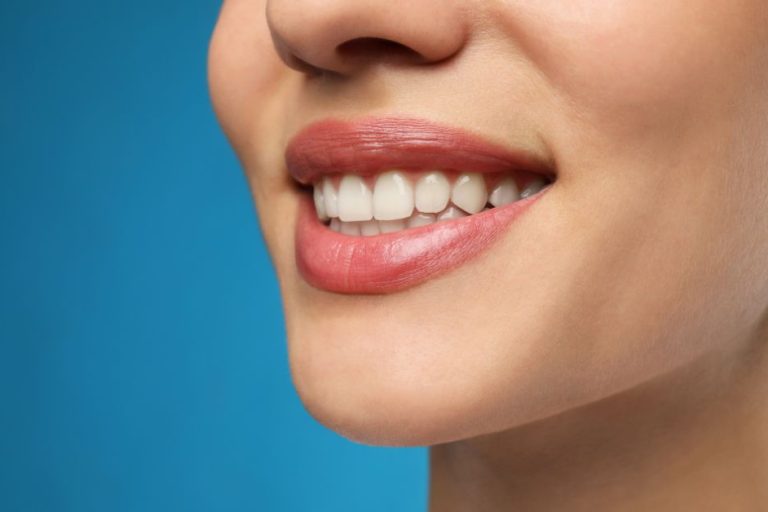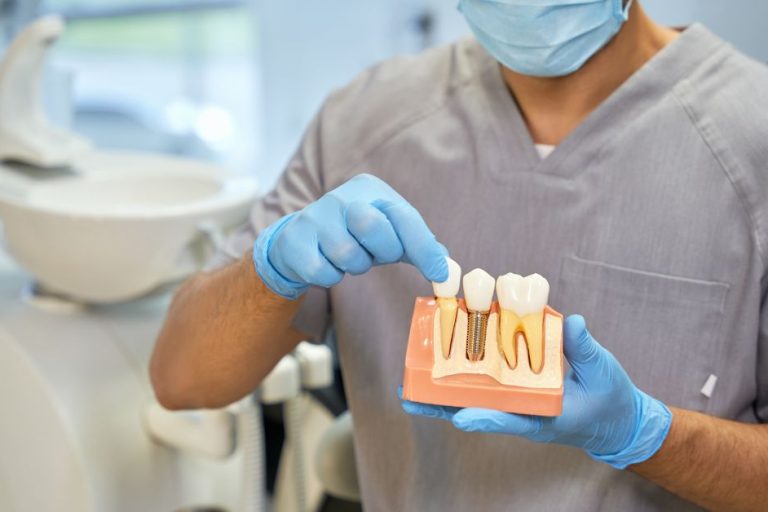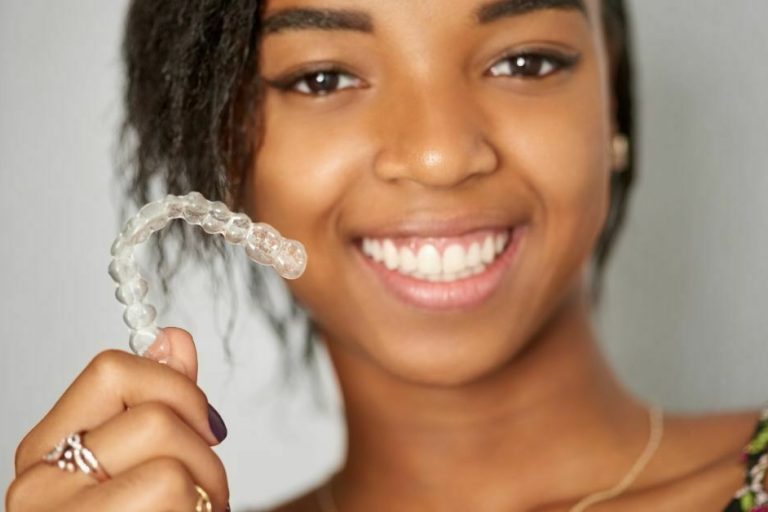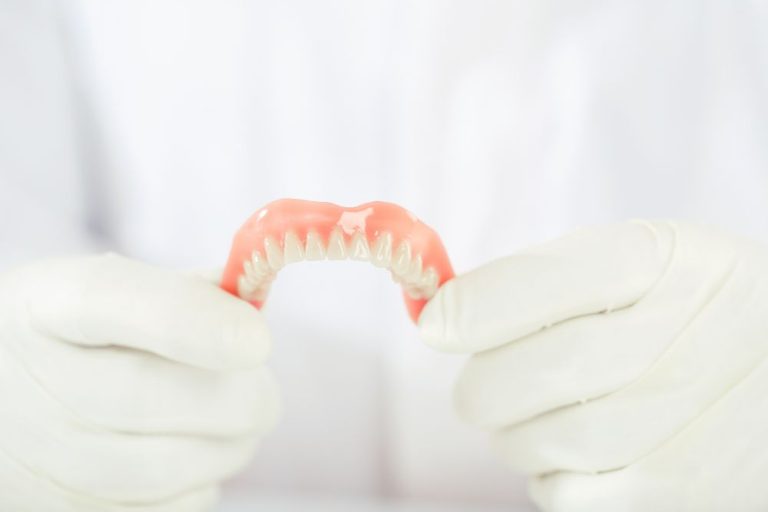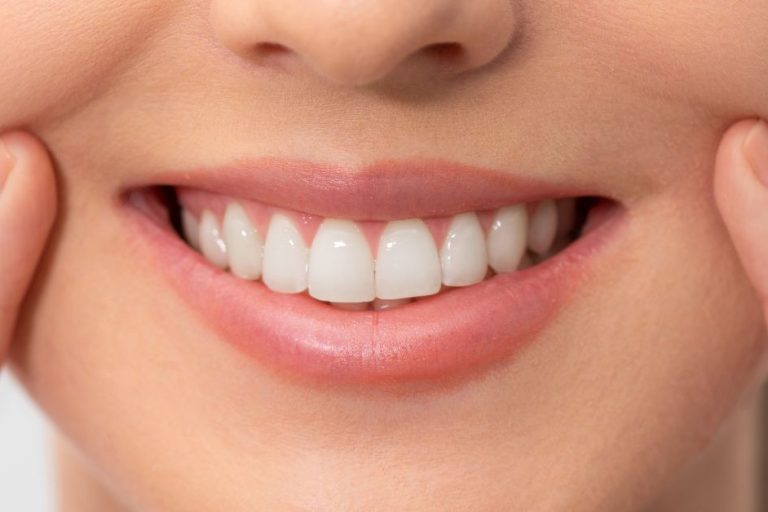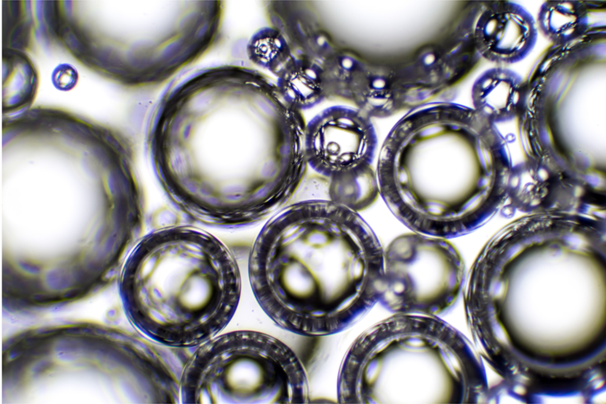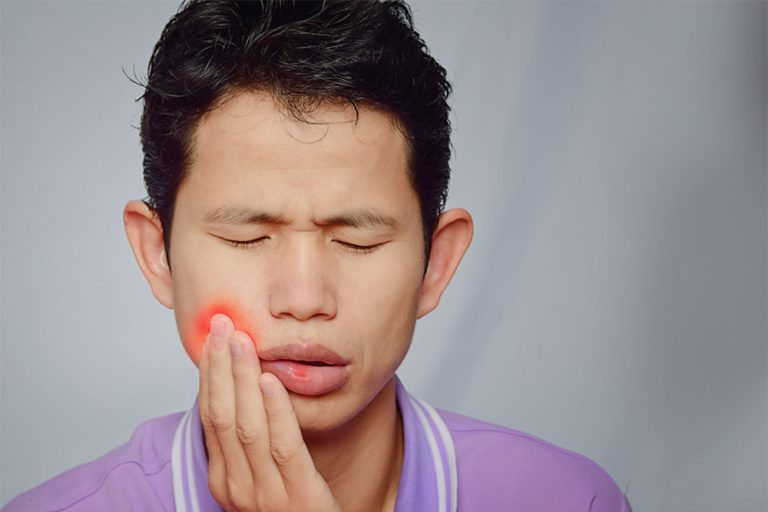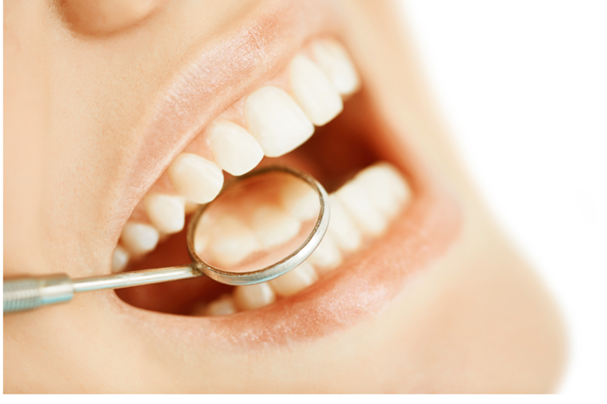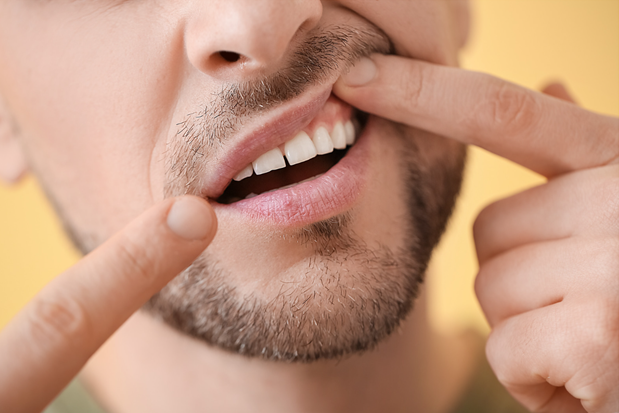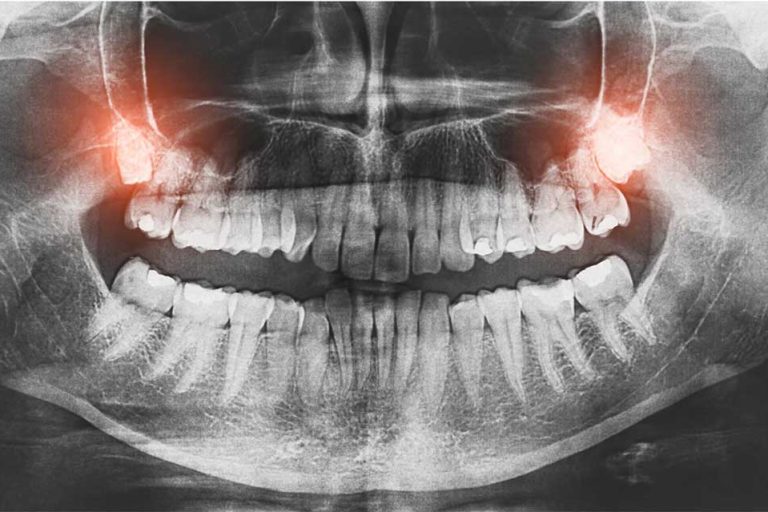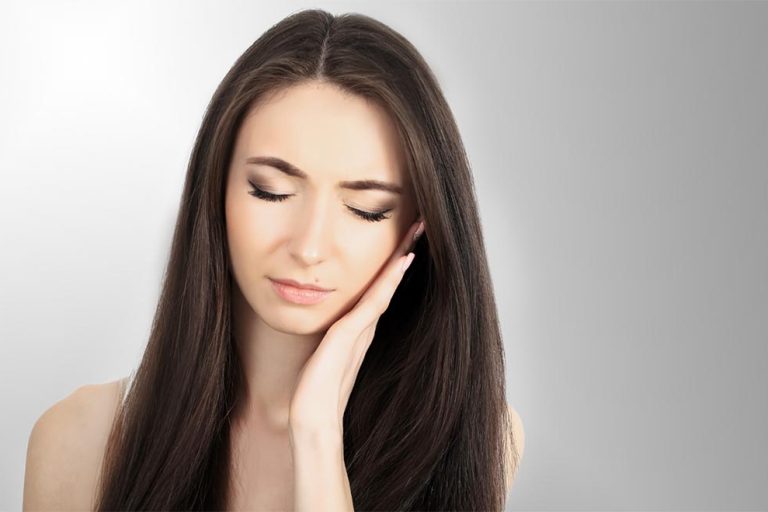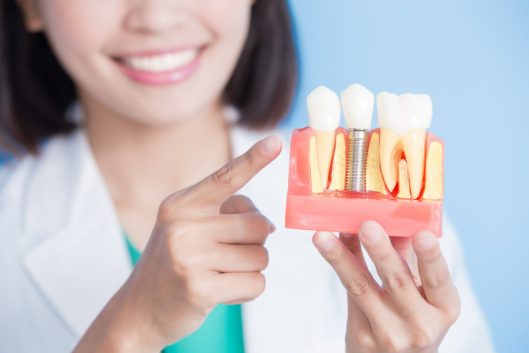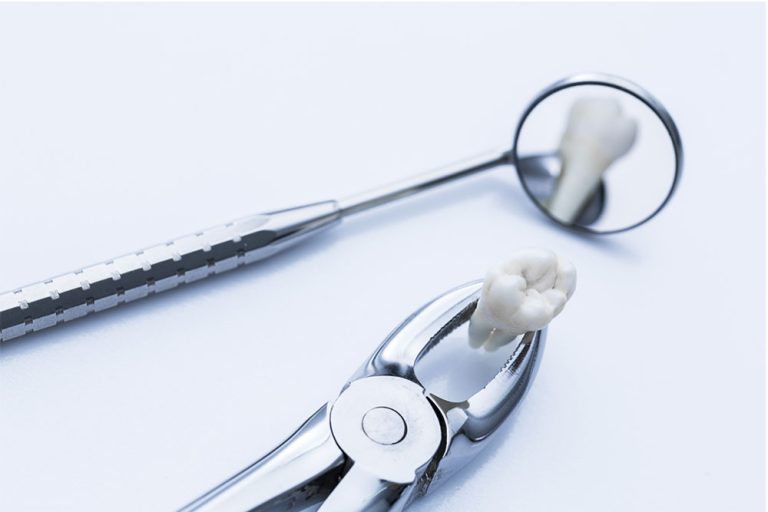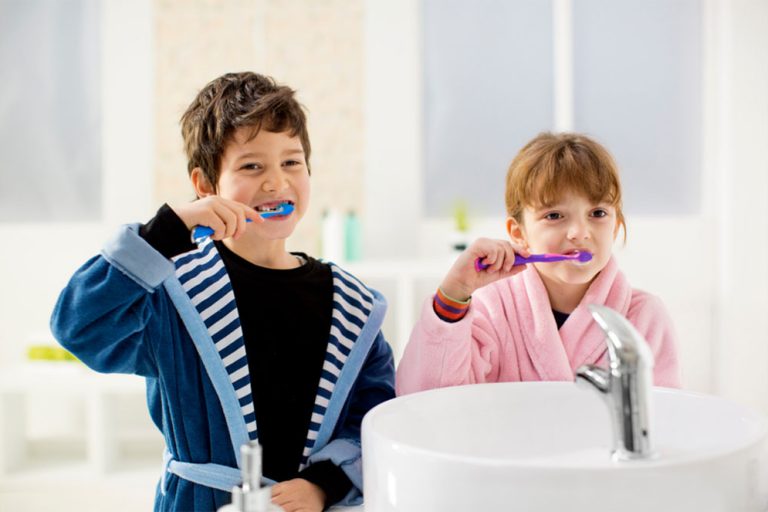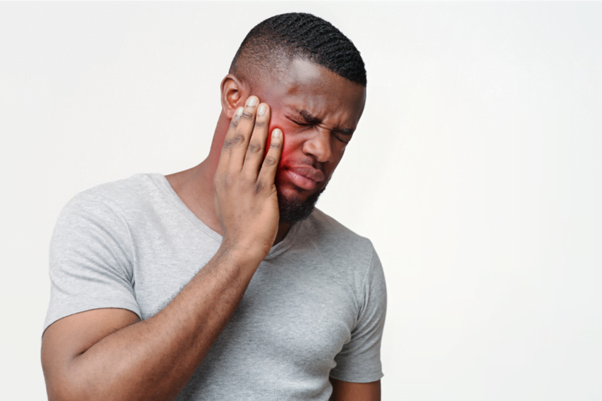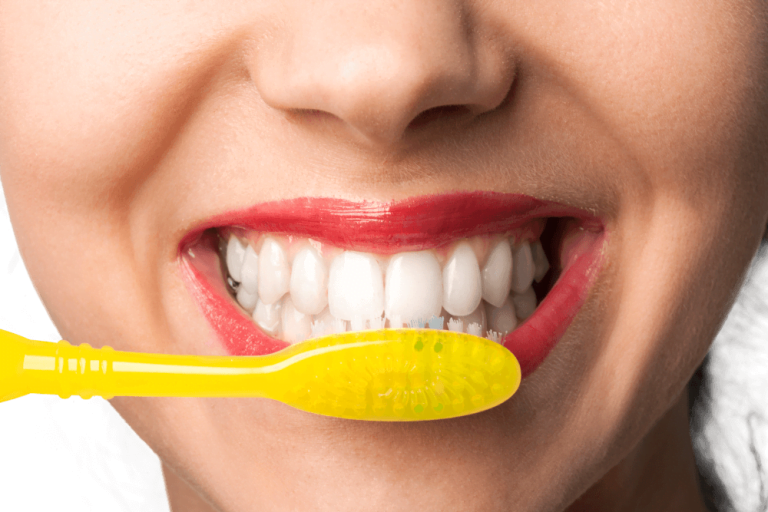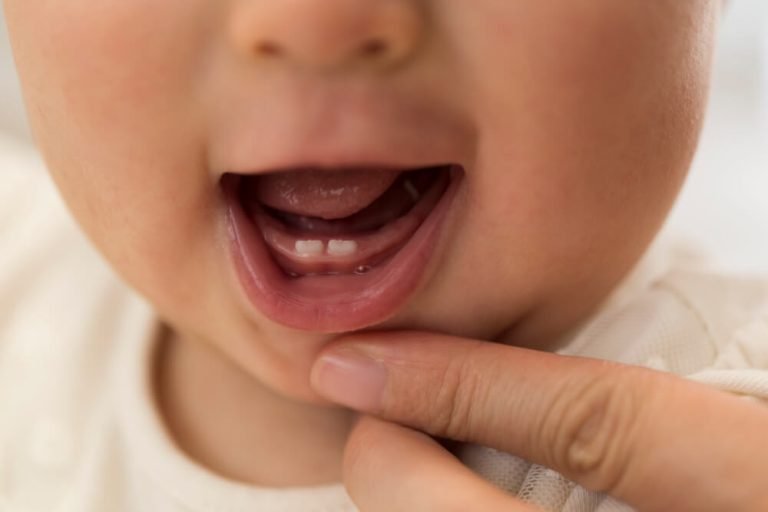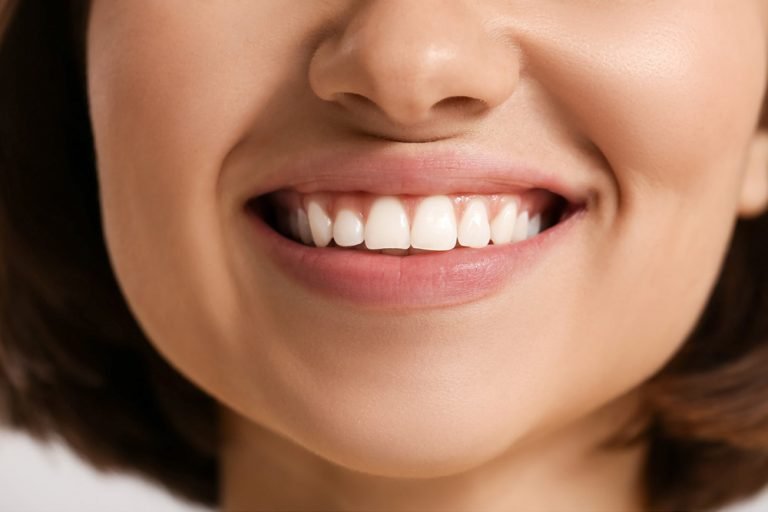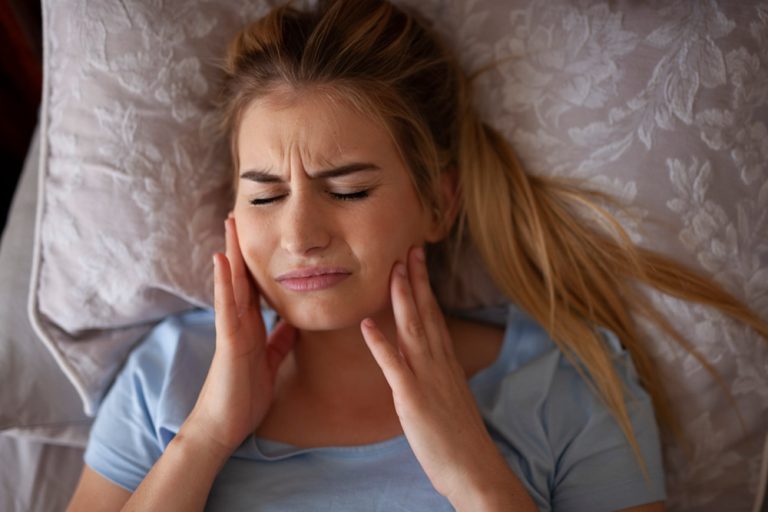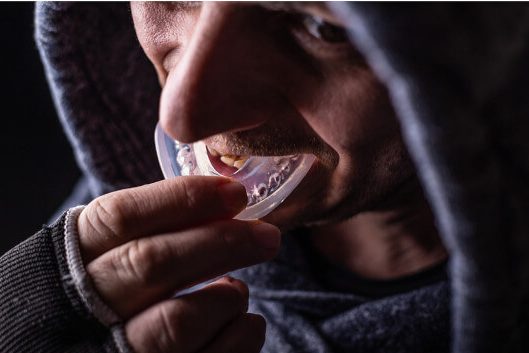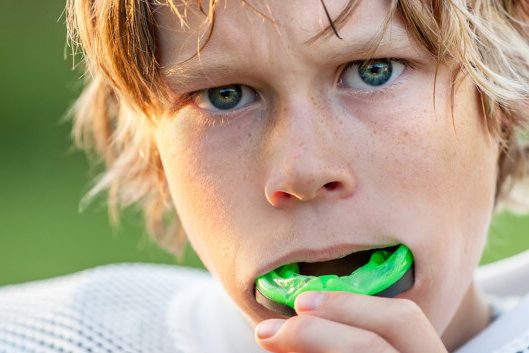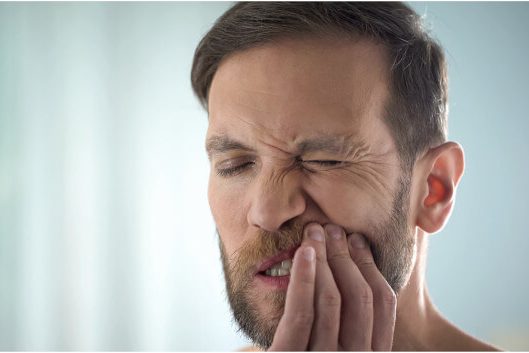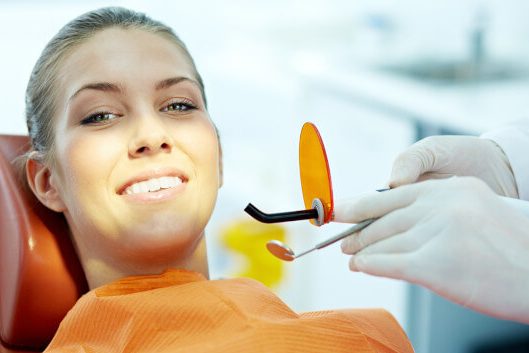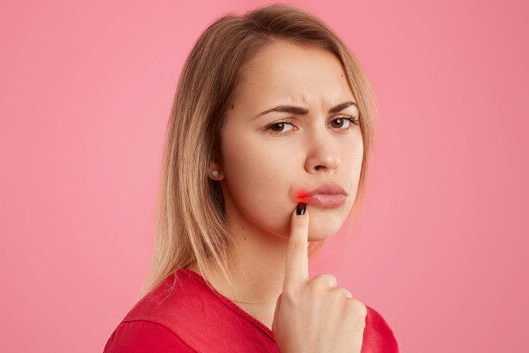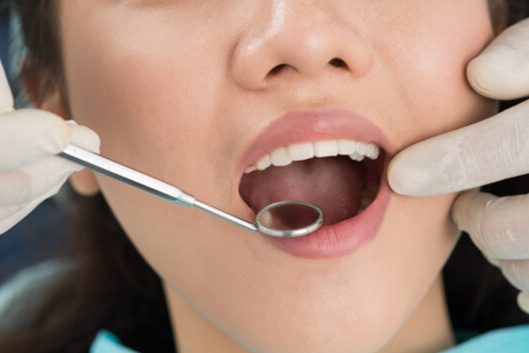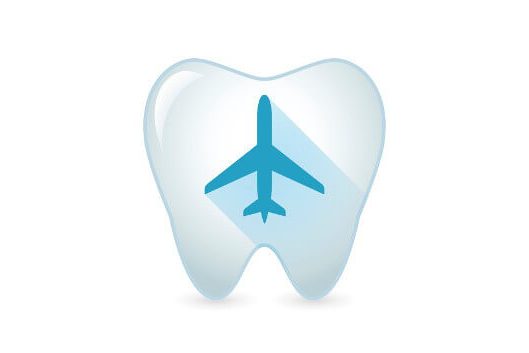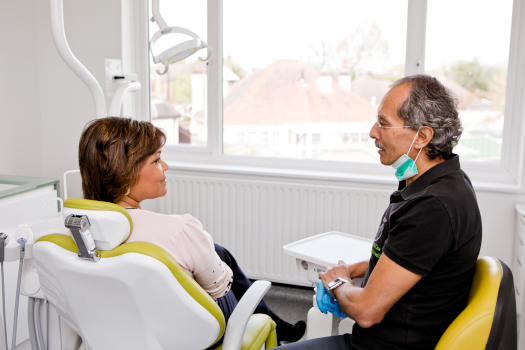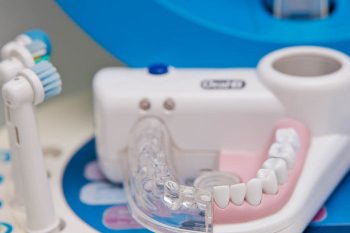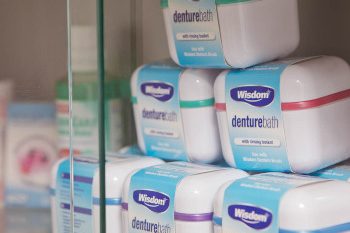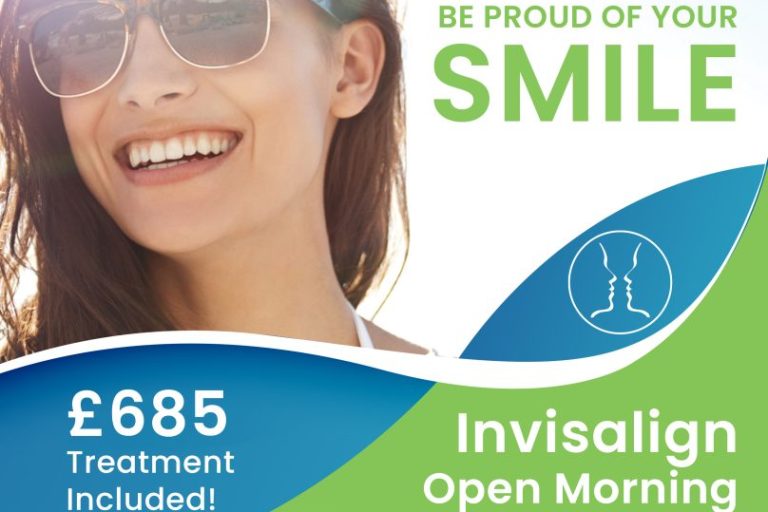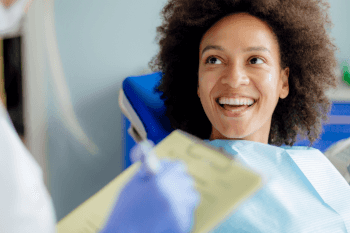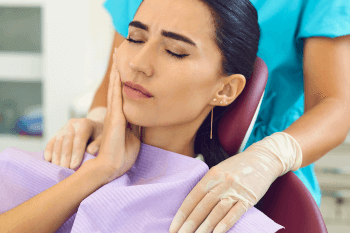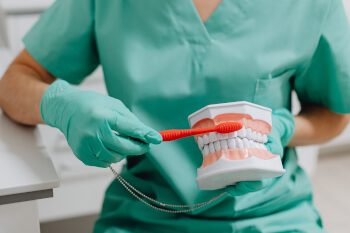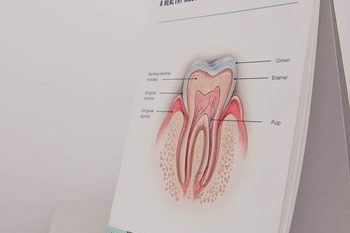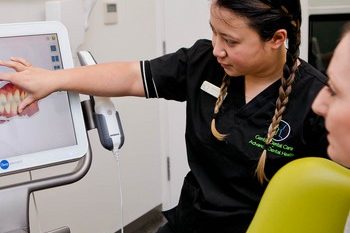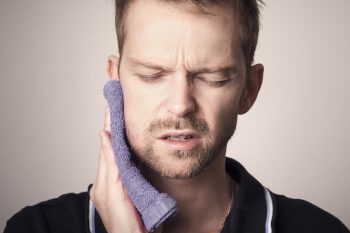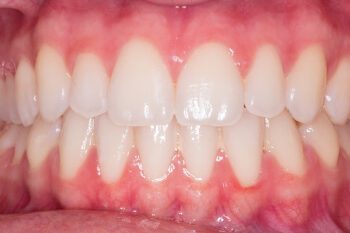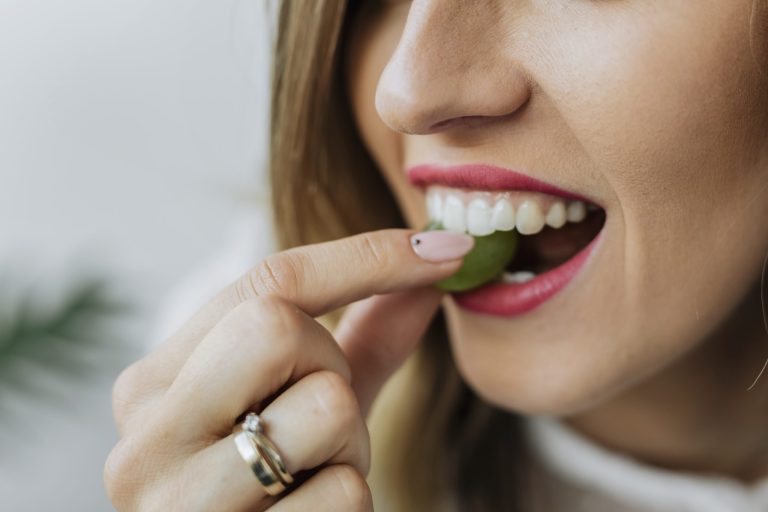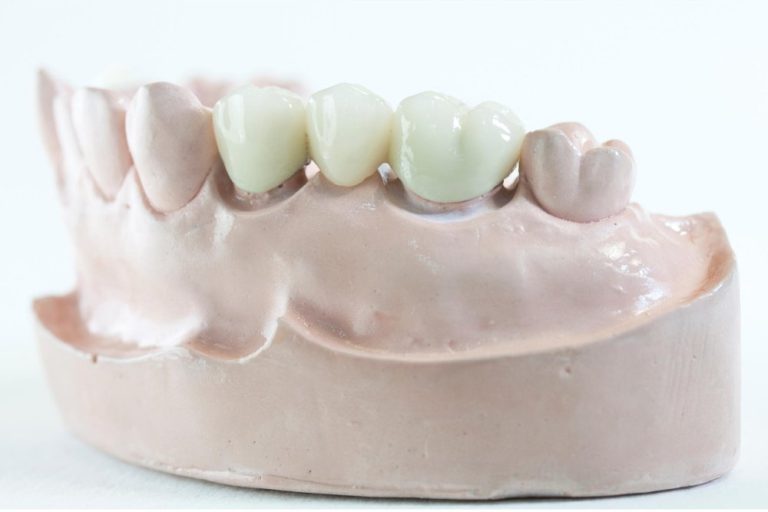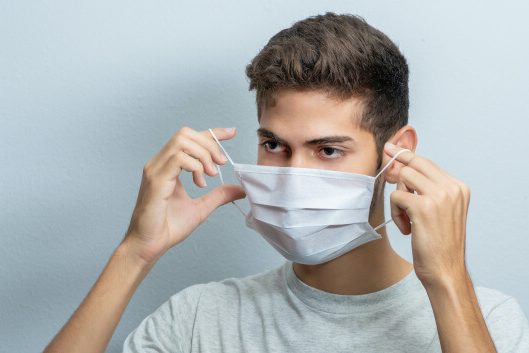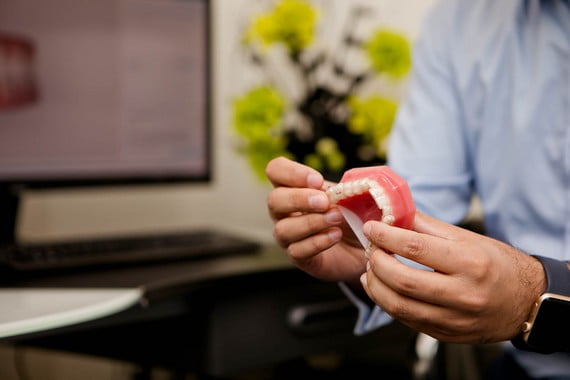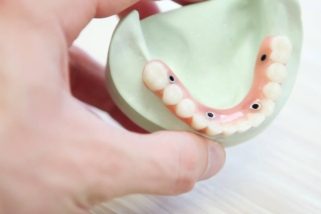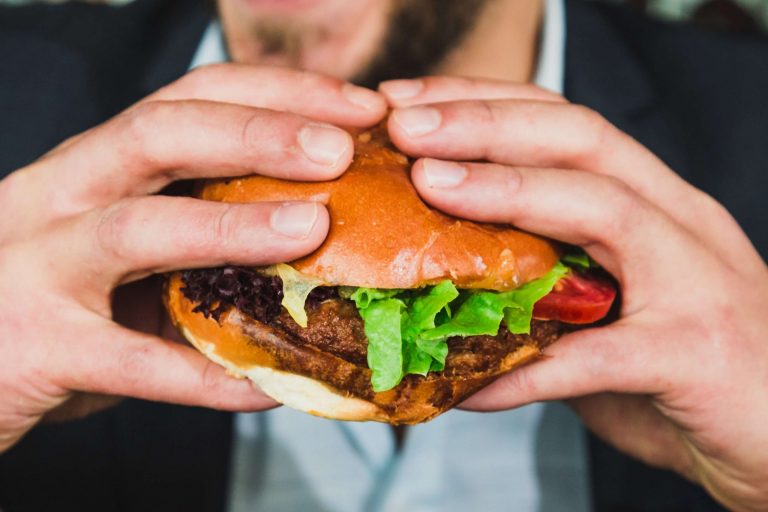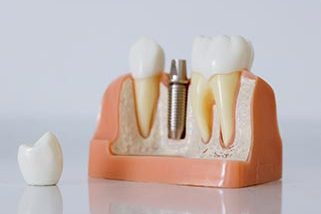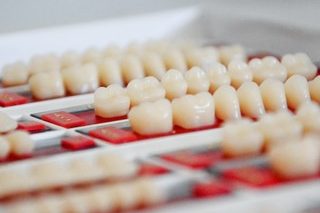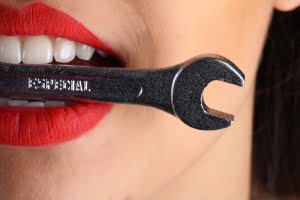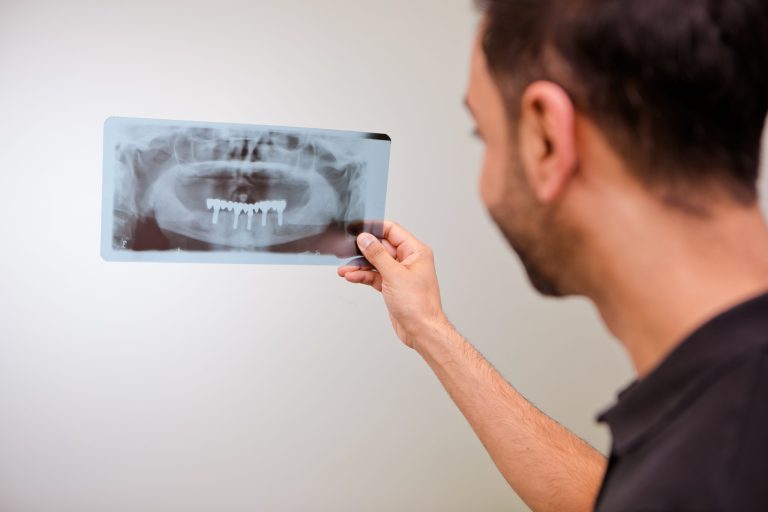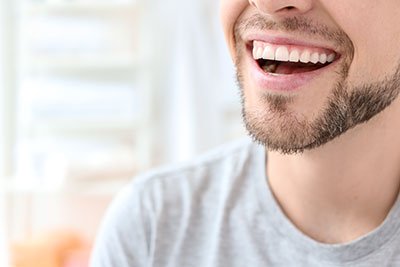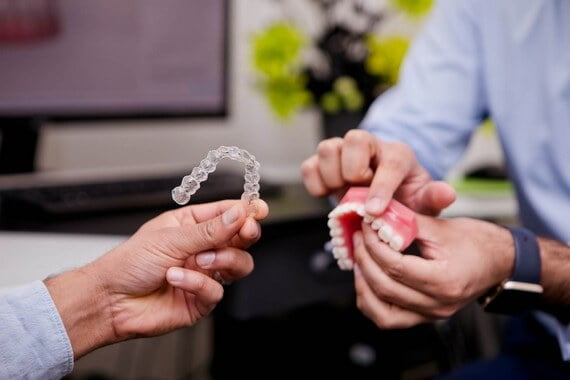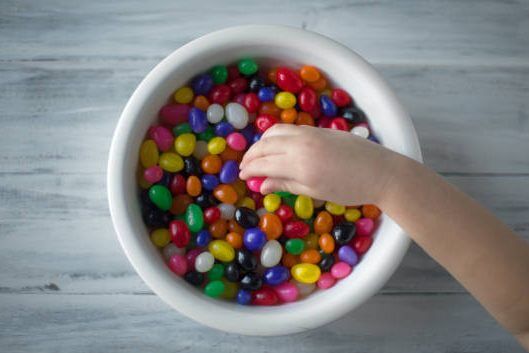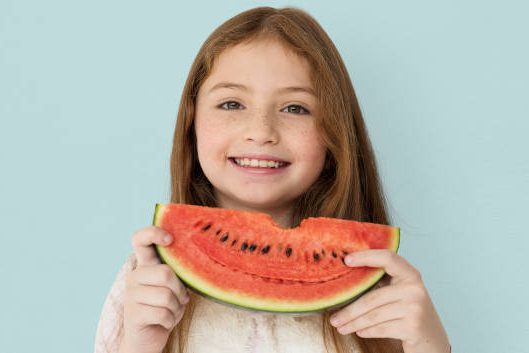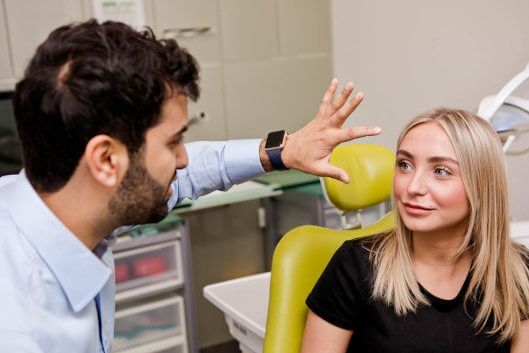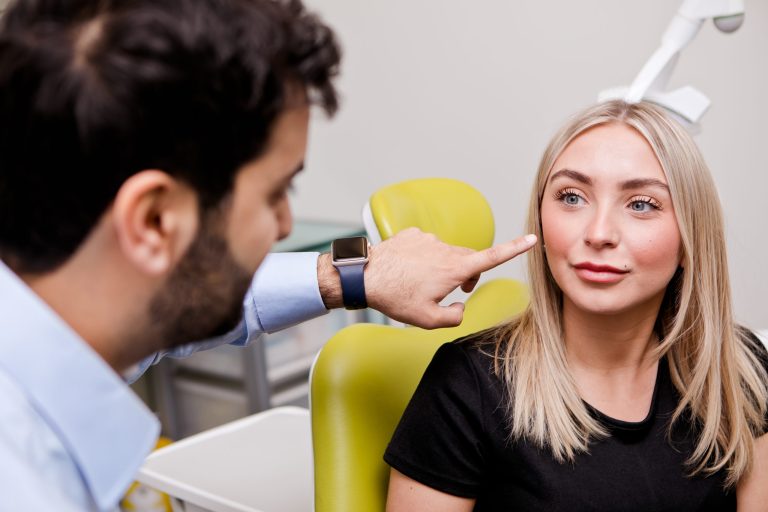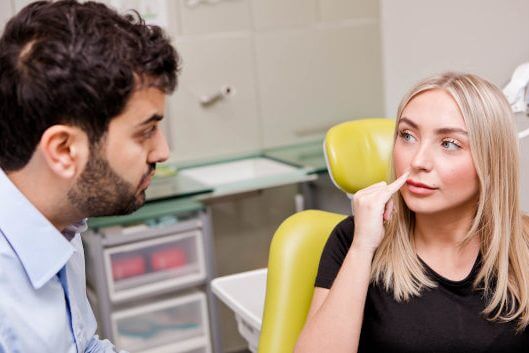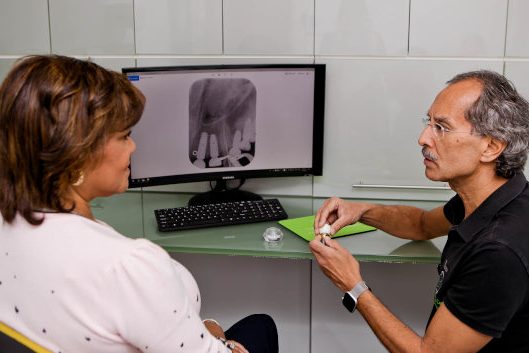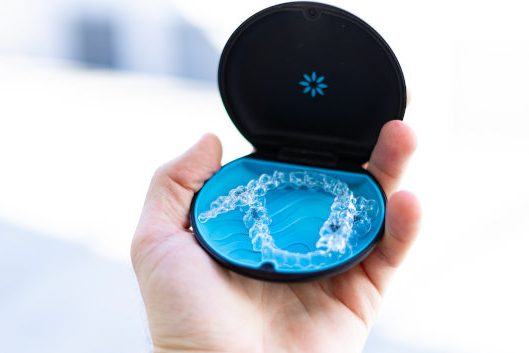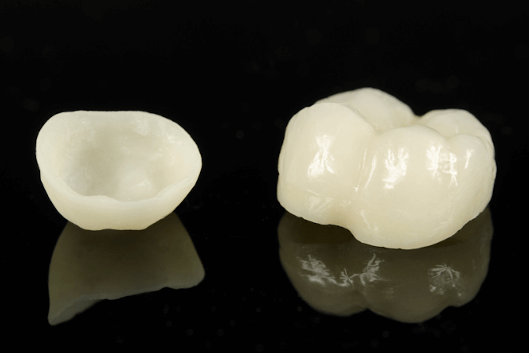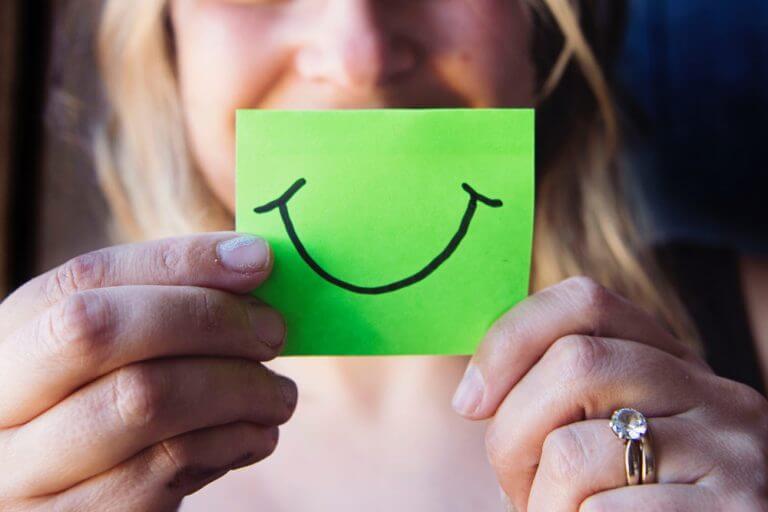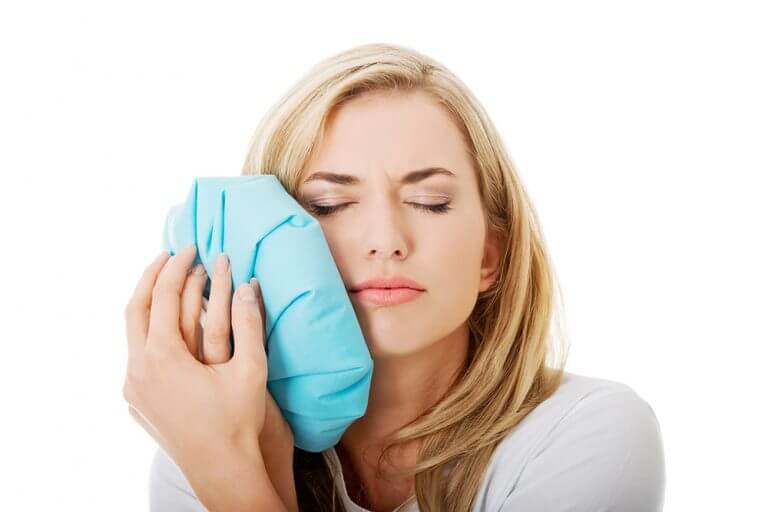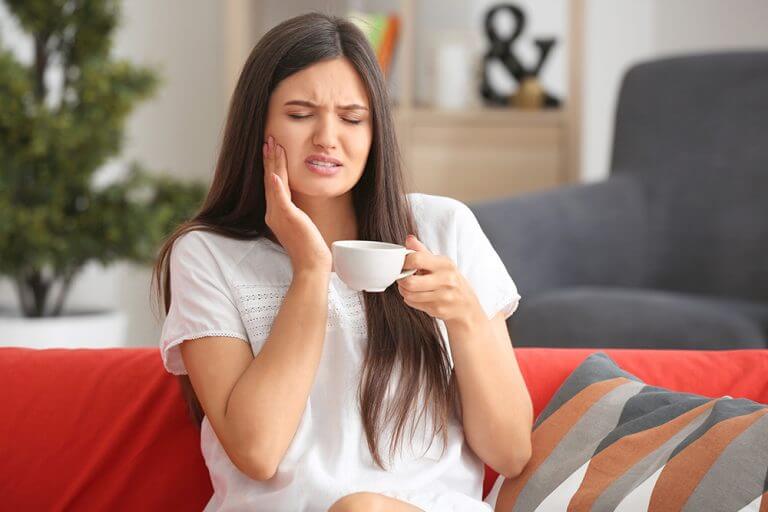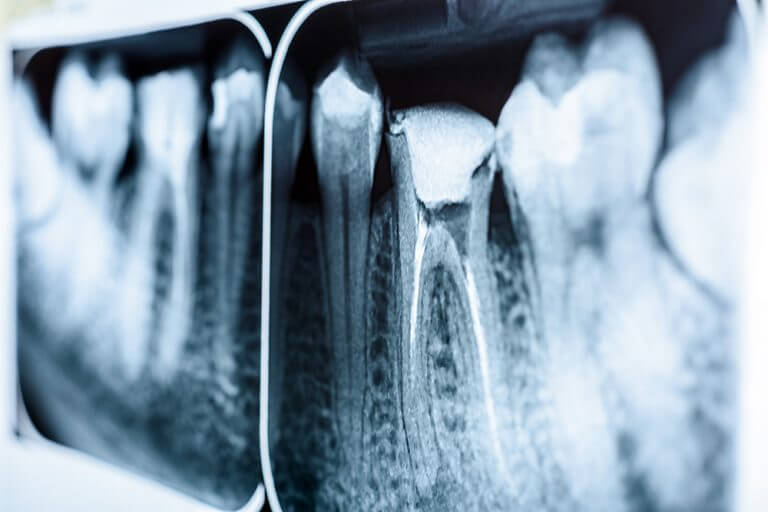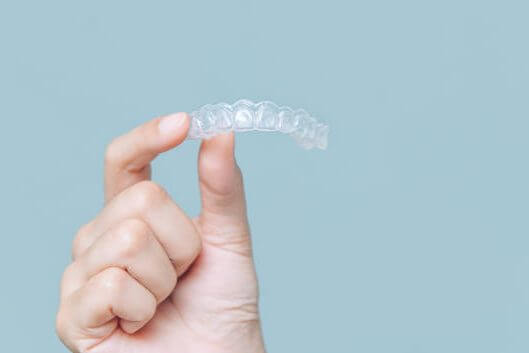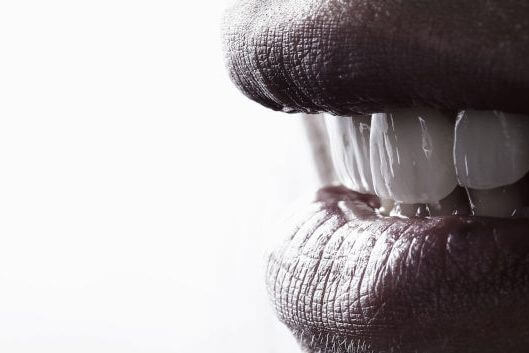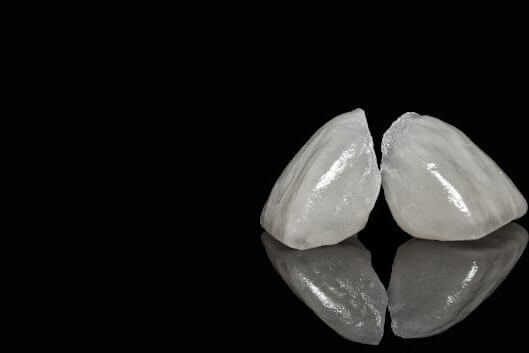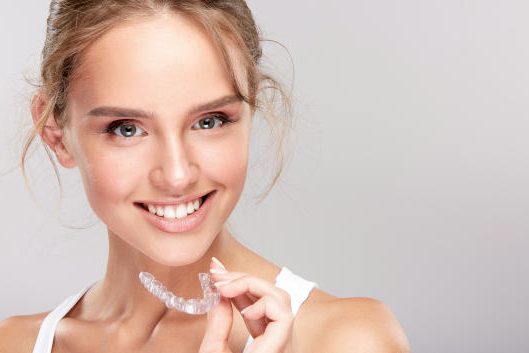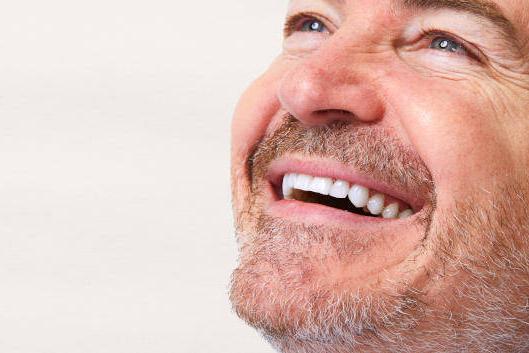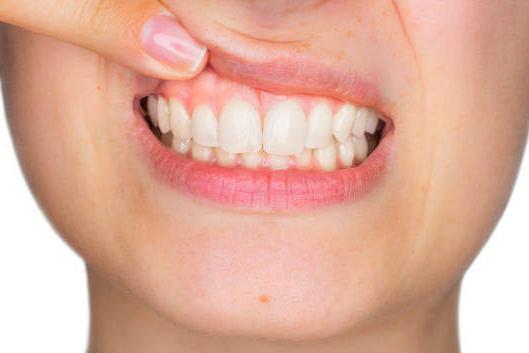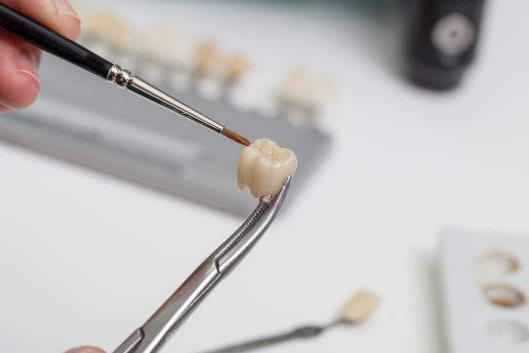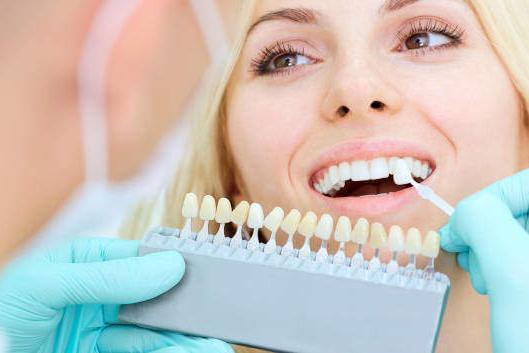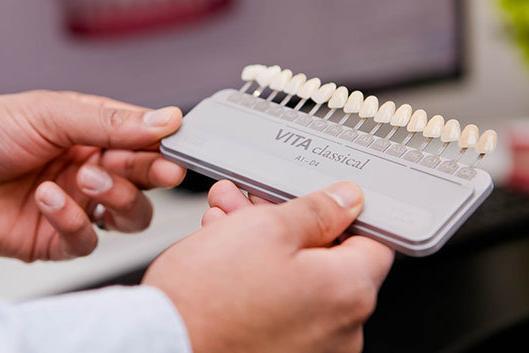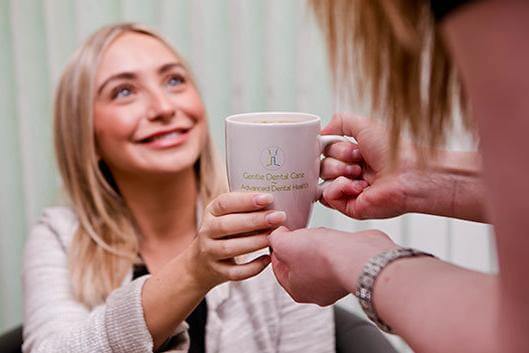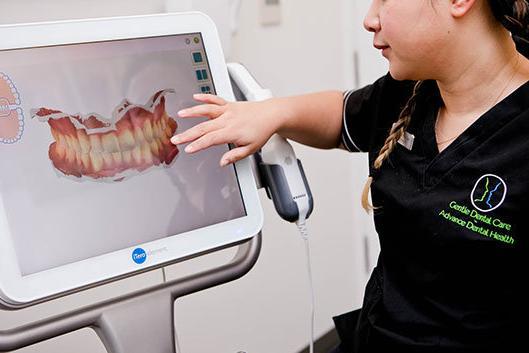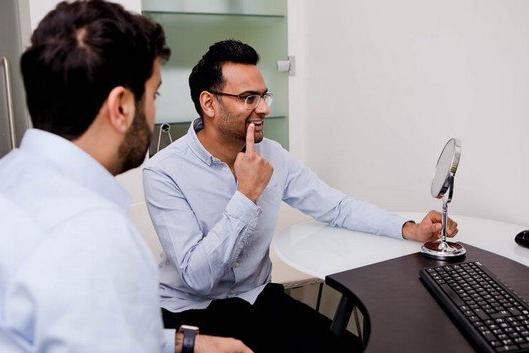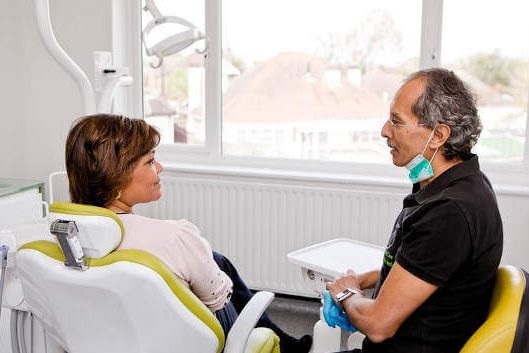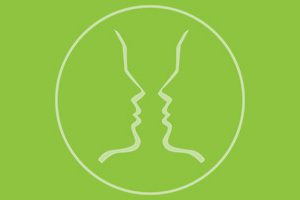The impact of COVID-19 on oral health
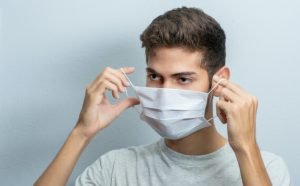 When describing the COVID-19 pandemic, President of The World Dental Federation, Dr G Seeberger said “let’s call it for what it is—a dental disaster.” Oral health significantly deteriorated during the pandemic and the knock-on effect has continued ever since. The team at Gentle Dental Care have seen first-hand the associated consequences. The four principal areas we look at in dentistry revolve around; oral cancer, gum disease, dental decay, and tooth wear.
When describing the COVID-19 pandemic, President of The World Dental Federation, Dr G Seeberger said “let’s call it for what it is—a dental disaster.” Oral health significantly deteriorated during the pandemic and the knock-on effect has continued ever since. The team at Gentle Dental Care have seen first-hand the associated consequences. The four principal areas we look at in dentistry revolve around; oral cancer, gum disease, dental decay, and tooth wear.
We have noted that during (and since) the pandemic, patients have not been as diligent about their oral health and hygiene, particularly when it comes to brushing effectively, twice a day. Since we reopened after the initial lockdown, back in June 2020, seeing the hygienist has become real priority for our patients to support them with regular cleaning. We have spent a lot of time with patients going over the technique of brushing effectively, and the importance of paying particular attention to the area of the mouth where the gum and tooth join – this is where bacteria like to build up and cause problems, rather than simply brushing the teeth surface. Hygienists have been instrumental in helping us achieve this support for patients.
We have certainly noted an increased rate of tooth decay compared with seasonal norms where patients may have indulged in unhealthy eating habits or stress-related eating during lockdowns. Every time sugar is consumed, an oral acid type attack takes place where the pH level in the mouth lowers, this creates the ideal environment for bacteria to fester and decay teeth. Educating patients that it is not just the amount of sugar consumed that is a problem, it is the frequency too that causes the most deterioration has been challenging. It has, and continues to be, the key message that we are trying to get across to patients. One example we use to explain this is that if you are going to treat yourself to a packet of sweeties or a glass of orange squash, it is better to consume them in one go ideally after a meal, rather than snacking or grazing on them throughout the day. Another useful tip we are discussing with patients is to chew sugar-free gum after meals as this promotes the rises in the pH of the mouth which helps the teeth recover from the acid attack.
We have also found an increase in the number of patients grinding (both clenching and nocturnal grinding), where stress again maybe an underlying cause. Wearing a nightguard or bite guard can prevent patients breaking and damaging their jaw. On an aesthetic level, we have found patients have up taken more teeth straightening and whitening procedures, which due to most of these being worn over the day or throughout night, helped some of those patients with grinding and clenching as they were moving against the patient retainer which took some stress and pressure off the jaw.
Finally, we have seen relatively stable/pre covid levels of oral cancer diagnosis (which we screen for in every examination at the practice). This is part due to the slower onset and insidious progression compared with the above three conditions. The main factors are around smoking, alcohol consumption and stress which allow us to gauge the oral cancer risk status of a patient. Ideally a non-smoker and non-drinker or someone drinking less than four units a week is considered minimal risk.
For tips on how you can improve your oral health at home, click here.
Call 020 3925 3846 or fill in our form to enquire about your consultation.
